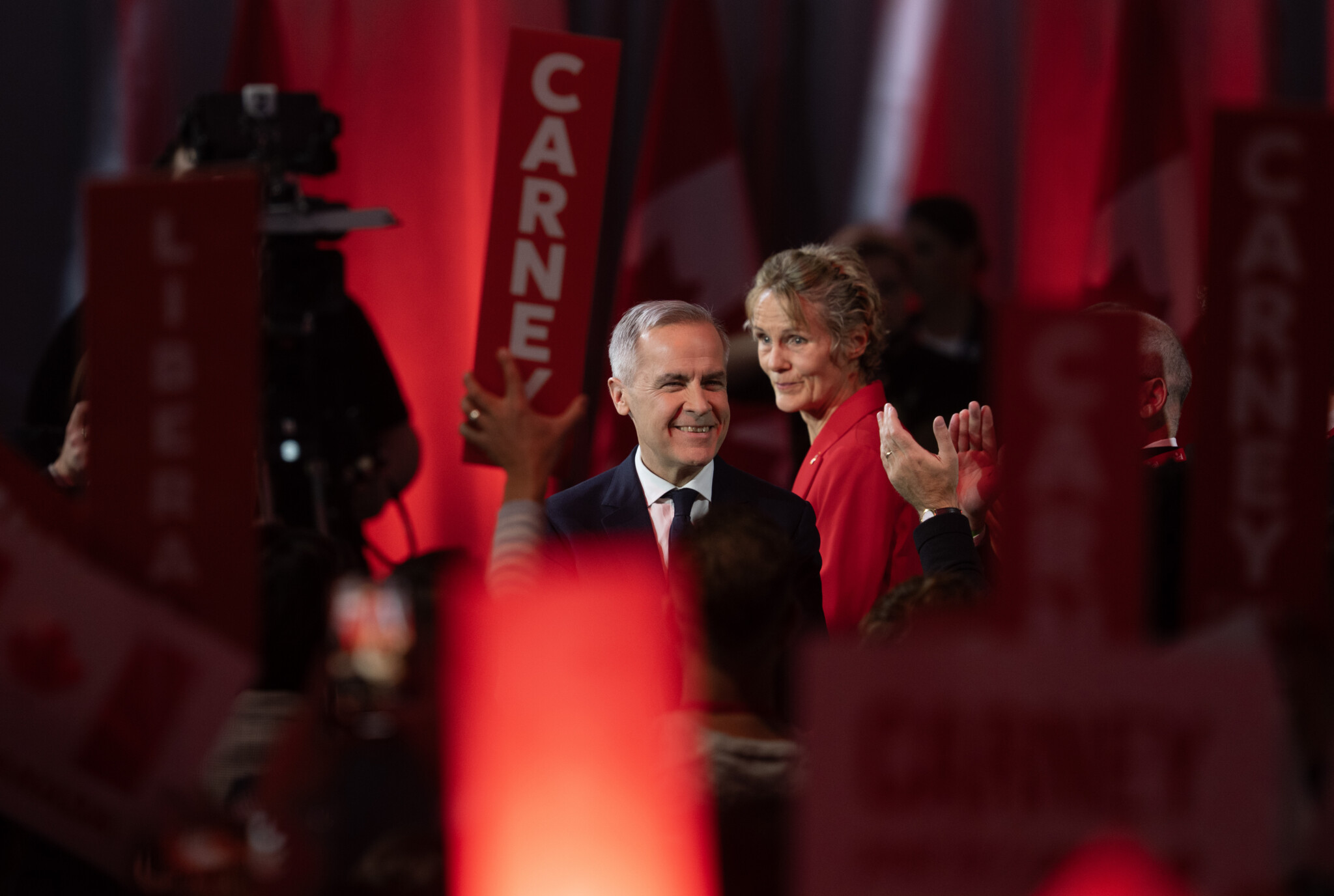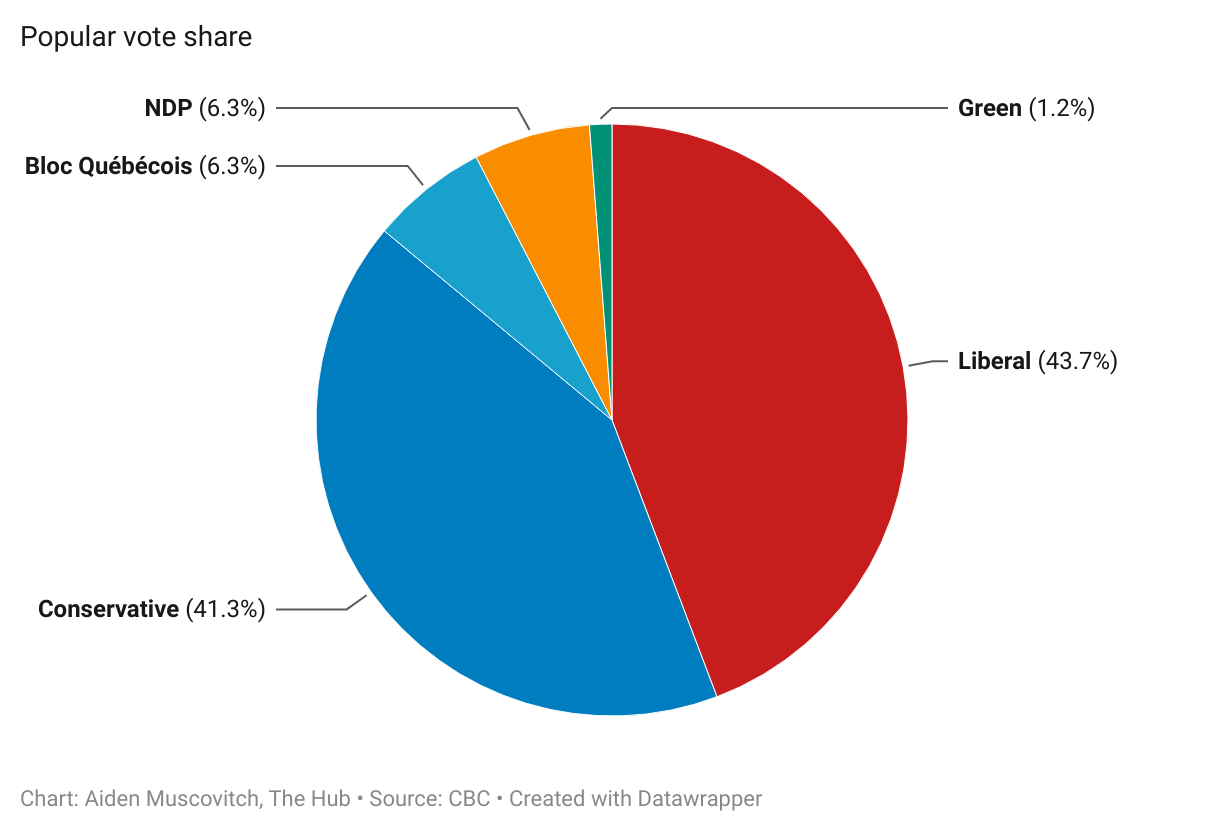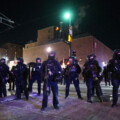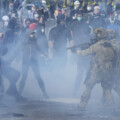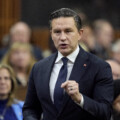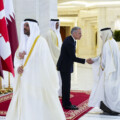This is the last edition of The Week in Polling, your Saturday dose of interesting numbers from top pollsters in Canada and around the world, curated by The Hub.
Here’s what we’re looking at this final week.
The Liberals win the federal election
This week, the Liberals won a minority government, securing 168 seats—just shy of the 172-seat threshold for a majority—and nearly 44 percent of the popular vote. The second-place Conservatives secured 144 seats and about 41 percent of the popular vote—the party’s highest share since Brian Mulroney’s Progressive Conservatives’ 42.9 percent in 1988. The New Democratic Party won seven seats—putting them below the 12 needed for official party status—and just over 6 percent of the popular vote. The Bloc Québécois won just over 6 percent of the popular vote and won 23 seats in Quebec. The Greens won one seat and 1 percent of the popular vote.
The Liberals gained 16 seats this election, and the Conservatives gained 24. In sharp contrast, the NDP collapsed and dropped 17 seats, and the Bloc lost 10 seats in Quebec. The Greens are now confined to their leader Elizabeth May’s seat, losing one seat from their pair.
Voter turnout was more than 68 percent, the highest since the 1993 election, which saw 69.6 percent of eligible voters cast a ballot. Nearly 20 million Canadians voted in the 2025 election. Of all the provinces and territories, Prince Edward Island had the highest voter turnout, with more than 77 percent of eligible Islanders voting. Ontario and Alberta had more than 69 percent of eligible voters cast a ballot. Quebec had just under 67 percent voter turnout. Nunavut came in last at just under 37 percent.
The Liberals benefited from this high voter turnout, as they eked out a narrow win. The Liberals gained 11 points in the popular vote compared to their performance in the 2021 election, which had a turnout of 62 percent. However, Ipsos CEO Darell Bricker described in The Hub that this win is not a Liberal triumph, but a reordering for Canada driven by fracture, not unity. Bricker argued that Carney attempted to turn the election into a referendum on Trump, which worked for the most part, but was not successful enough to hand the Liberals a majority. The reality of this election outcome, in his eyes, is that Canada is very divided, as demonstrated in the split popular vote.
“Urban and rural Canada are now different nations. The East sees Ottawa as a centre of gravity. The West sees it as dead weight. Young Canadians are staring down a future of debt and disillusionment. Older Canadians are clinging to stability that feels increasingly fragile. Our political consensus is cracking,” he contended.
To Bricker, the Liberals didn’t inspire the country or achieve national unity. Rather, they scared just enough voters to beat the Conservatives.
“Carney won the election. But he did not win the country. And if he wants to hold it together, he will need to do more than manage the fallout from Trump. He will need to confront something even harder: the possibility that Canada itself is coming apart,” Bricker wrote.
